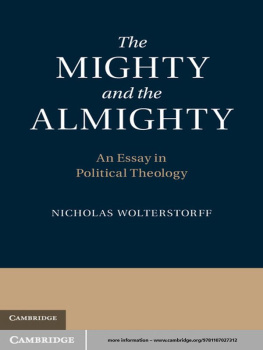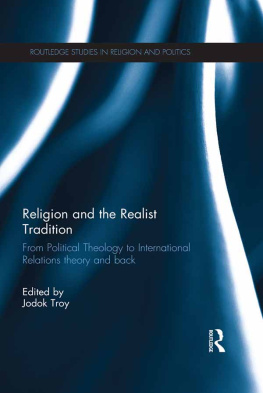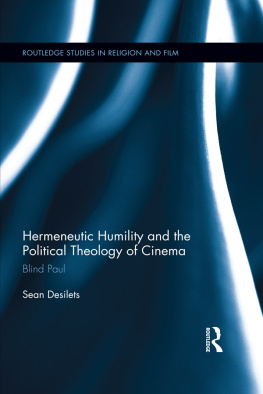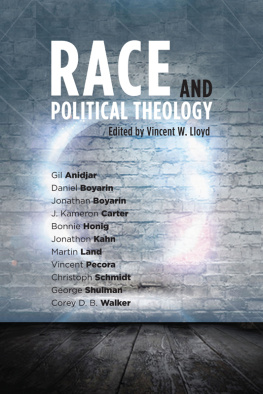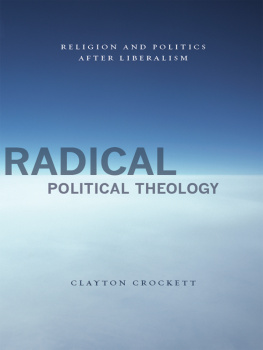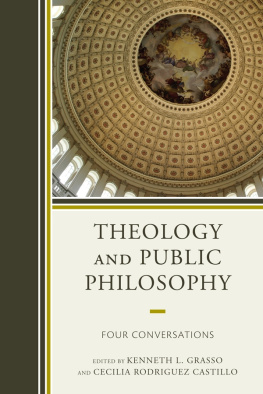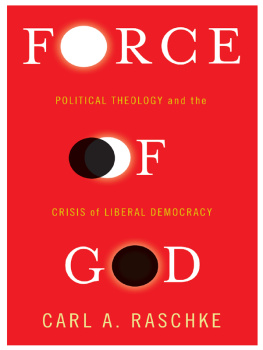Nicholas Wolterstorff - The Mighty and the Almighty: An Essay in Political Theology
Here you can read online Nicholas Wolterstorff - The Mighty and the Almighty: An Essay in Political Theology full text of the book (entire story) in english for free. Download pdf and epub, get meaning, cover and reviews about this ebook. City: Cambridge, year: 2012, publisher: Cambridge University Press, genre: Religion. Description of the work, (preface) as well as reviews are available. Best literature library LitArk.com created for fans of good reading and offers a wide selection of genres:
Romance novel
Science fiction
Adventure
Detective
Science
History
Home and family
Prose
Art
Politics
Computer
Non-fiction
Religion
Business
Children
Humor
Choose a favorite category and find really read worthwhile books. Enjoy immersion in the world of imagination, feel the emotions of the characters or learn something new for yourself, make an fascinating discovery.
- Book:The Mighty and the Almighty: An Essay in Political Theology
- Author:
- Publisher:Cambridge University Press
- Genre:
- Year:2012
- City:Cambridge
- Rating:4 / 5
- Favourites:Add to favourites
- Your mark:
The Mighty and the Almighty: An Essay in Political Theology: summary, description and annotation
We offer to read an annotation, description, summary or preface (depends on what the author of the book "The Mighty and the Almighty: An Essay in Political Theology" wrote himself). If you haven't found the necessary information about the book — write in the comments, we will try to find it.
For a century or more political theology has been in decline. Recent years, however, have seen increasing interest not only in how church and state should be related, but in the relation between divine authority and political authority, and in what religion has to say about the limits of state authority and the grounds of political obedience. In this book, Nicholas Wolterstorff addresses this whole complex of issues. He takes account of traditional answers to these questions, but on every point stakes out new positions. Wolterstorff offers a fresh theological defense of liberal democracy, argues that the traditional doctrine of two rules should be rejected and offers a fresh exegesis of Romans 13, the canonical biblical passage for the tradition of Christian political theology. This book provides useful discussion for scholars and students of political theology, law and religion, philosophy of religion and social ethics.
**
Nicholas Wolterstorff: author's other books
Who wrote The Mighty and the Almighty: An Essay in Political Theology? Find out the surname, the name of the author of the book and a list of all author's works by series.

